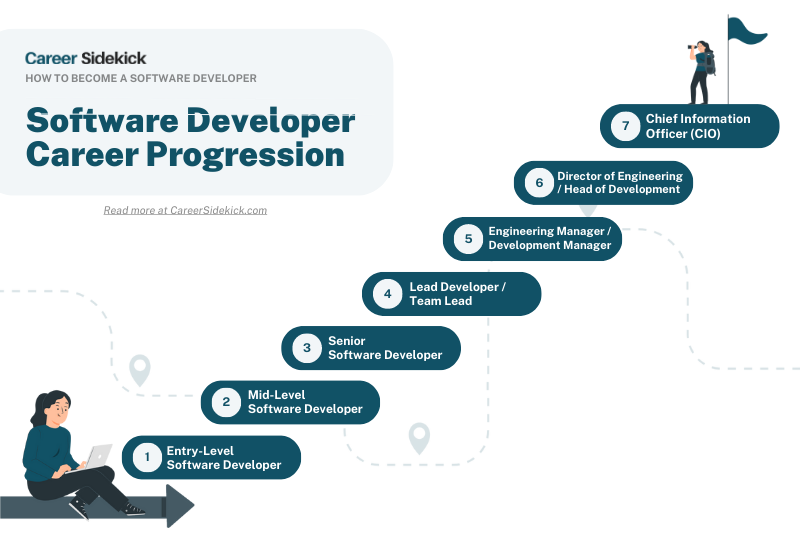Software development is a rapidly growing field with endless opportunities for career advancement. Whether you are a recent graduate or looking to make a career change, getting started in software development can be both challenging and rewarding. In this article, we will explore the steps you can take to kickstart your career in software development.
Educational Background
One of the first steps to starting a career in software development is to acquire the necessary educational background. While some developers are self-taught, having a formal education in computer science or a related field can be beneficial. Consider pursuing a degree in computer science, software engineering, or information technology to build a strong foundation in programming languages, algorithms, and data structures.
Learn Programming Languages
One of the most important skills for a software developer is proficiency in programming languages. Start by learning popular languages such as Java, Python, C++, or JavaScript. Take online courses, attend coding bootcamps, and practice coding regularly to improve your skills. Working on personal projects and contributing to open-source projects can also help you gain practical experience.
Build a Portfolio
As you gain experience in programming, start building a portfolio to showcase your skills to potential employers. Create a GitHub account to host your projects and contribute to existing repositories. Develop a personal website or online portfolio highlighting your projects, skills, and experience. A strong portfolio can help you stand out in job applications and interviews.
Networking
Networking is crucial in the tech industry, so make an effort to connect with other software developers, attend tech events, and join online communities. Networking can help you learn about job opportunities, gain insights from experienced professionals, and build relationships that can lead to mentorship or collaborations. Consider attending meetups, conferences, and workshops to expand your network.
Gain Experience
Internships, freelance projects, and part-time roles can provide valuable hands-on experience in software development. Look for opportunities to work on real-world projects, collaborate with other developers, and gain exposure to different technologies and tools. Building a diverse set of experiences can help you identify your strengths, interests, and career goals.
Continuous Learning
Software development is a fast-evolving field, so it’s essential to stay updated on the latest trends, technologies, and best practices. Continue learning new programming languages, frameworks, and tools to expand your skillset and stay competitive in the job market. Take online courses, attend workshops, and read industry publications to deepen your knowledge and expertise.
Conclusion
Starting a career in software development requires dedication, perseverance, and continuous learning. By acquiring the necessary educational background, learning programming languages, building a portfolio, networking, gaining experience, and staying updated on industry trends, you can position yourself for success in the tech industry. Remember to set clear goals, seek mentorship, and embrace challenges as opportunities for growth. With passion and hard work, you can pave the way for a rewarding career in software development.


